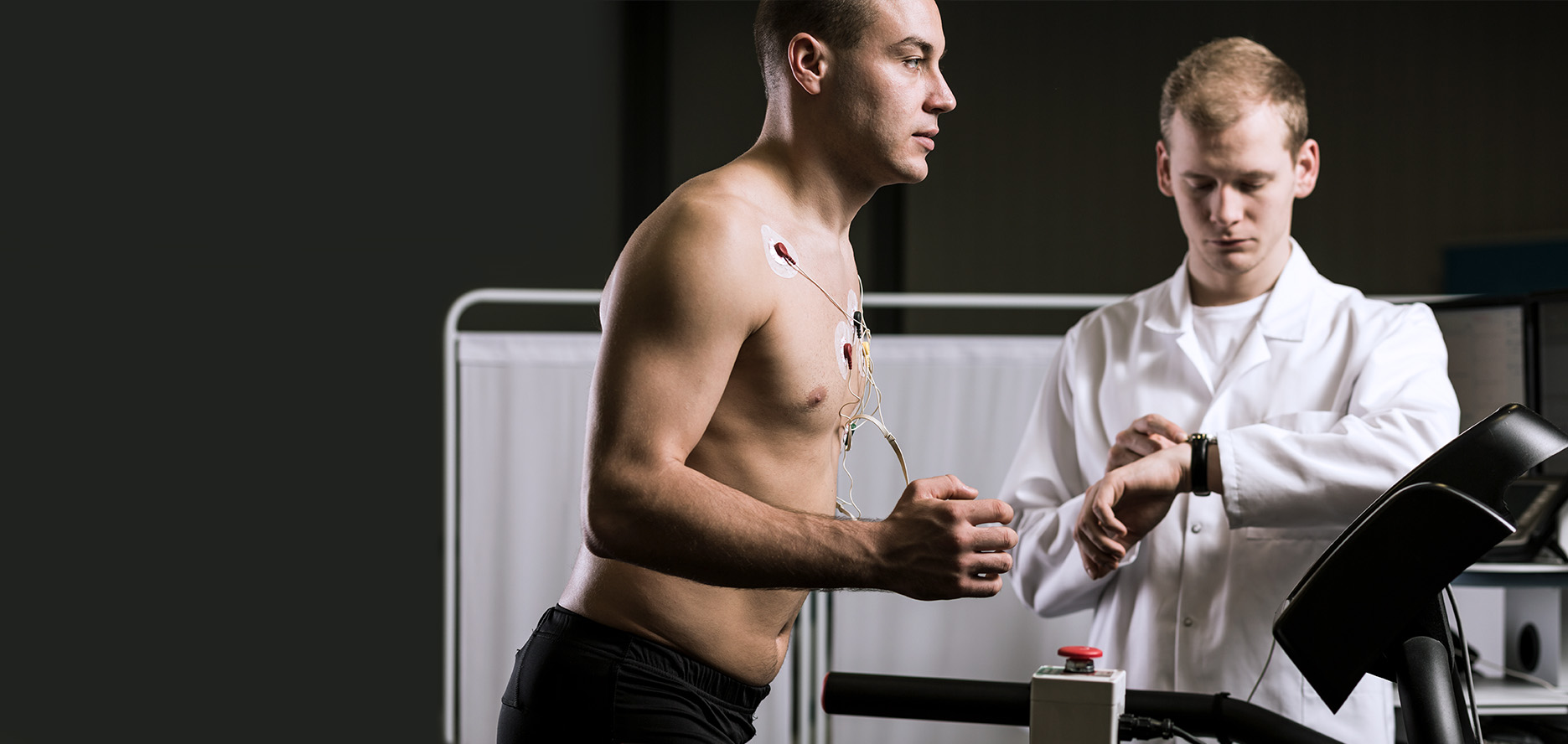Coronary artery disease is the leading cause of death for both men and women, affecting over 16 million Americans. This condition occurs when the arteries surrounding the heart become blocked, restricting blood flow throughout the body. If left untreated, it can lead to serious complications, including heart attacks. Fortunately, there are non-invasive tests available to help diagnose coronary artery disease.
One commonly used medical test for detecting heart issues like coronary artery disease is the stress test, also known as the Treadmill Test or Exercise Stress Test. While this test is safe and standard, some individuals may experience concerns or anxiety about it.
At Advanced Cardiovascular Center, we perform stress tests to identify potential heart problems at an early stage and provide timely treatment. The purpose of this article is to offer valuable information to help you better understand the stress test, prepare for it, and alleviate any stress associated with taking it.
When is a Stress Test Necessary?
A stress test is a highly sensitive examination that utilizes specialized cardiac equipment to assess blockages in the coronary arteries. You may be referred to a cardiac diagnostic center for a stress test if you exhibit symptoms indicative of coronary heart disease, such as chest pain (angina), shortness of breath, irregular heartbeat, dizziness, and others.
It is important to discuss any chest pain or discomfort you are experiencing with your doctor. Undergoing a stress test can help identify and address any emerging issues before they worsen.
Preparing for Your Heart Stress Test
You will receive instructions in advance to ensure that you are prepared for the stress test. It is important to note that there is minimal preparation required, as it follows similar basic steps to other medical tests.
Preparation Steps for a Stress Test
- FASTING: On the day of your test, refrain from consuming any food or beverages, except for water.
- AVOID CAFFEINE: Eliminate caffeine from your diet 24 hours before your stress test appointment. This means no coffee, tea, or any other caffeinated products.
- AVOID BLOOD PRESSURE MEDICATIONS: Prior to the stress test, do not take any blood pressure medications, such as beta-blockers. Consult with your doctor for further guidance.
- WEAR SUITABLE ATTIRE: Ensure that you wear comfortable clothing and appropriate footwear, as you will be walking or jogging on a treadmill during the test.
What Occurs During a Stress Test?
Upon arrival, you will be taken to an examination room where you will be prepared for the treadmill test. Electrodes, small adhesive patches, will be attached to your chest. These electrodes are connected to an electrocardiogram (EKG) machine, which provides our cardiology team with images of your heart and arteries, assessing their performance.
These patches are painless and harmless. Before commencing the treadmill activity, we will examine the EKG readings to determine your heart’s resting state. You will then proceed to walk or jog on the treadmill for approximately 10 to 15 minutes.
Initially, the pace will be slow, gradually increasing in speed. Throughout the entire duration of your exercise, our staff will monitor your live EKG.
What Speed Will You Need to Maintain on the Treadmill?
For most patients, a brisk walk will suffice. However, if you are below 25 years old, jogging may be required. To obtain accurate results from the stress test, you need to exert yourself enough to reach your target heart rate, typically 85% of your maximum heart rate.
Each individual has their own target heart rate, which can be calculated using the following formula:
- Subtract your age from 220.
- Multiply the result by 0.85.
For example, a 60-year-old person would aim for a heart rate of 136 on the treadmill. The stress test itself is similar to taking a brisk walk in your neighborhood. The only distinction is that you will be under the supervision of heart experts within our cardiac diagnostic center.
If there are any underlying cardiac concerns, our center is the ideal environment to identify and address them. Your well-being and safety are our utmost priorities.
What Happens After the Treadmill?
After completing your walking or jogging session and capturing all the required images of your cardiac system, you will be disconnected and the test will be concluded. Our team of cardiologists will review the images taken during your appointment. For urgent and highly abnormal results, the doctor will interpret them immediately after the stress test.
However, in most cases, patients will schedule a routine follow-up appointment to discuss the results with the doctor and devise a treatment plan for the future. Typically, it takes a few days to receive your results, and these follow-up appointments are usually scheduled approximately one to two weeks after the stress test.
Naturally, one understandable concern about a stress test is the anticipation of the results. The test may indeed reveal serious heart issues, but it’s important to address them rather than ignore them, as ignoring them could lead to severe illness or even death.
Undergoing a cardiac stress test and discovering an issue such as coronary artery disease offers hope and a path toward a healthier life. You will receive the necessary medical care and information to improve your health and extend your lifespan. Although this knowledge may be daunting, it has the potential to save your life.
What if You Are Unable to Perform the Treadmill Test?
Certain individuals may not be physically able to walk on a treadmill due to their condition or it may be unsafe for them to do so. In such cases, there is an alternative option available. We provide medication for these individuals to take, which will yield the necessary results without the use of a treadmill.
Have Questions About Your Heart Treatment?
If you have any questions or concerns about the procedures or preparations for heart stress tests, please feel free to contact our team at Advanced Cardiovascular Center. We are here to guide you in every step.



